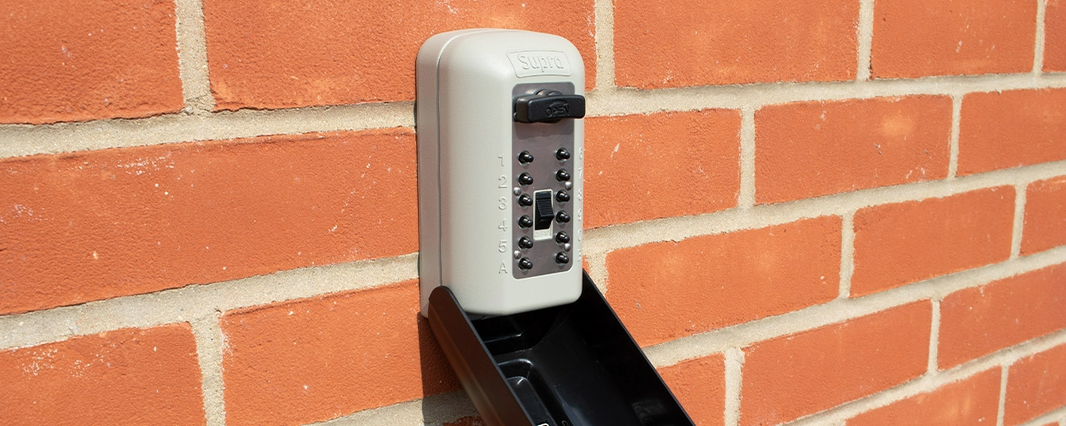There are many elements that work together to create a great night’s sleep. Today, we’re going to break down a few of the most important components.
You may notice as you age that you are finding it harder to get to sleep and maintain a deep sleep. However, poor sleep is not a natural consequence of ageing. If you struggle with sleep then you should try to understand its links to your lifestyle and environment. Your sleep can have a huge impact on your overall health and quality of life. Therefore, we believe that everyone deserves a good night’s sleep.
Your Bedroom Environment:
Many of us wouldn’t give much thought to our bedroom environment but we really should. It is important that the bedroom is relaxing, comfortable and inviting. This can make the difference between tossing and turning and dozing off peacefully.
It is important to consider whether your mattress is right for you. As we age our bodies can become more sensitive to pain and discomfort. This means that having a poor mattress can be a health risk. Tuck has created a comprehensive guide for helping seniors to choose the best mattress. It includes important features you should look out for such as support, firmness and pressure relief.
You should also ensure that the air quality in your home is good. Pollutants, allergens and dryness can all lead to discomfort, which can prevent you from having a good night sleep. A humidifier can be a particularly useful tool to improve the quality of air especially if you experience respiratory issues. Be sure to check online reviews to make sure that you are investing in a reliable and quiet humidifier.
Diet:
The relationship between food and sleep is a little misunderstood. What you put in your body just before you sleep is important, but so is what you eat and drink throughout the day. An overall healthy diet allows our bodies to properly absorb the nutrients needed to get a good sleep. It also aids the digestive tract and gives us the energy to maintain an active lifestyle. It is important to consider what you are putting into your body and what impact these choices have on other areas of your life.
Exercise:
Regular exercise allows the body to maintain regular and fruitful sleep. Exercise goes hand in hand with a positive diet. This is why it is crucial to incorporate physical activity into your routine wherever you can.
A great way to begin exercising is by setting yourself a daily step-count goal. It might be helpful to invest in a pedometer – this is a helpful and relatively cheap way to keep track of your activity and increase it over time. Most pedometers can measure distance walked and calories burned, as well as daily steps.
Taking Care of Your Mental Health
Poor sleep often goes hand in hand with poor mental health. If things are playing on your mind it will naturally be difficult to drift off. Many studies conclude that the harder you consciously try to fall asleep, the less likely you are to do so.
If you have been trying to get to sleep for a long time, it might be best to get up and focus on something else for a while, such as reading a book. Continuing to try and sleep means you are likely to become frustrated. In this case, your brain will struggle to shut down.
If you often find yourself overthinking before you go to sleep, try to list all the things that are causing stress. Then put the list to one side and accept that you will deal with it in the morning. This can give you a sense of control, which often helps to comfort the mind.
Evening Routine

Remember that your evening routine has a big impact on your ability to wind down. Our bodily responses are rooted in primitive behaviours, which means our bodies are very susceptible to their surroundings. The lighting in your home in the evening is important, since your body assumes it is responding to natural light. For example, if you have your room brightly lit at night, your body behaves as though it is still day time and will not release chemicals to help with sleep and repair. As the light dwindles, your body temperature falls and you begin to release melatonin. This prepares you for rest by making you less alert and more likely to fall asleep.
Consider how much time you spend looking at screens. Electronic devices stimulate the mind and make it more difficult to feel tired. Preparing for bed is just as important as anything else when it comes to getting high-quality sleep.
Still Struggling to Sleep?
If, after making the above changes, you are still struggling to sleep, you should consider visiting your GP. You may be suffering from a sleep disorder. If this is the case, your doctor will be able to offer solutions. Treatments for sleep disorders can consist of medications and talking therapies.
For more guidance, see our Top 5 Tips For Better Sleep.
Looking After Yourself With Careline365
Lack of proper sleep can make you more prone to falls and injuries. If you’re concerned about your sleep, or any other area of your health and independence, why not sign up for a Careline alarm?
Our personal alarm service gives you and your loved ones maximum peace of mind, particularly for those who live alone. If you ever have a fall, you can press your alarm button and speak to our 24-hour Care Team immediately. They will assess your situation and call your emergency contacts (as well as the emergency services when necessary) to come to your aid.
To find out more about our service, read our personal alarm guide or give us a call on 0808 304 4510 with any questions.
When you’re ready, you can order your Careline alarm online or over the phone on 0808 304 4510 today.
Editor’s Note: This article was updated on 7th July 2021 to reflect current information.









